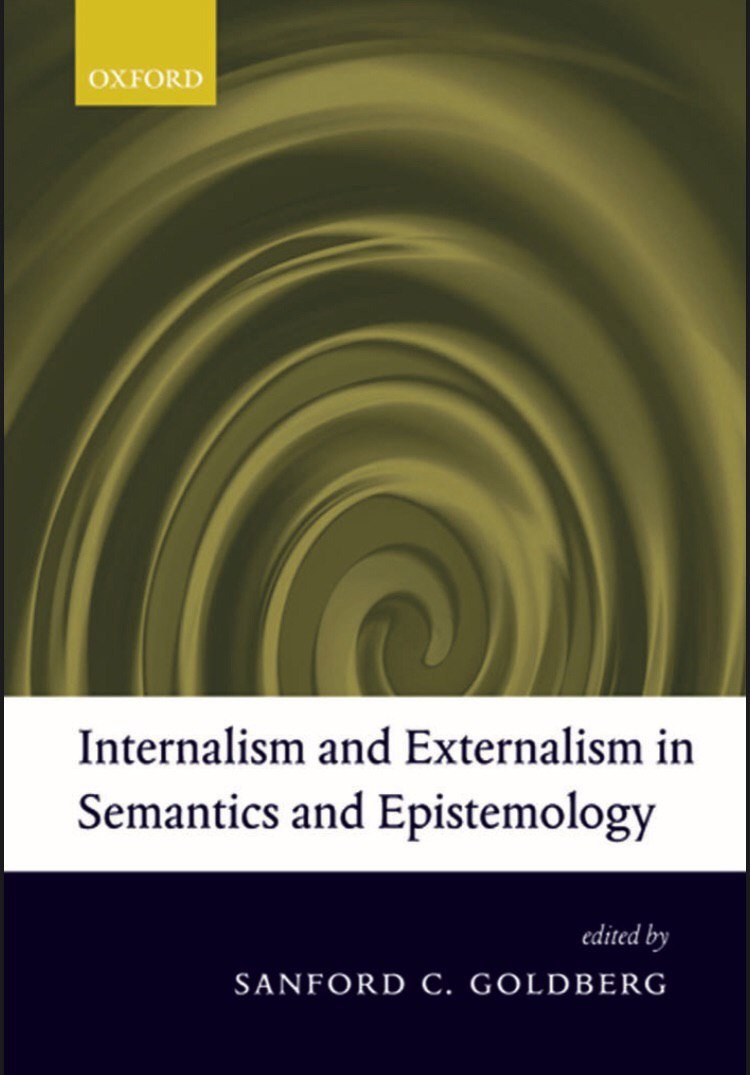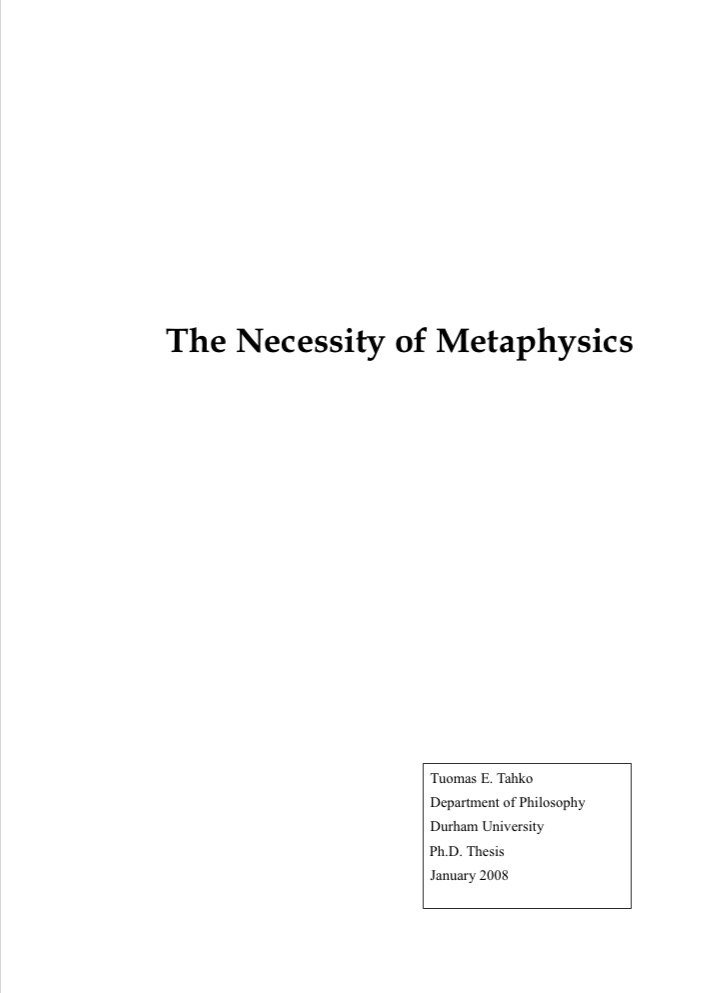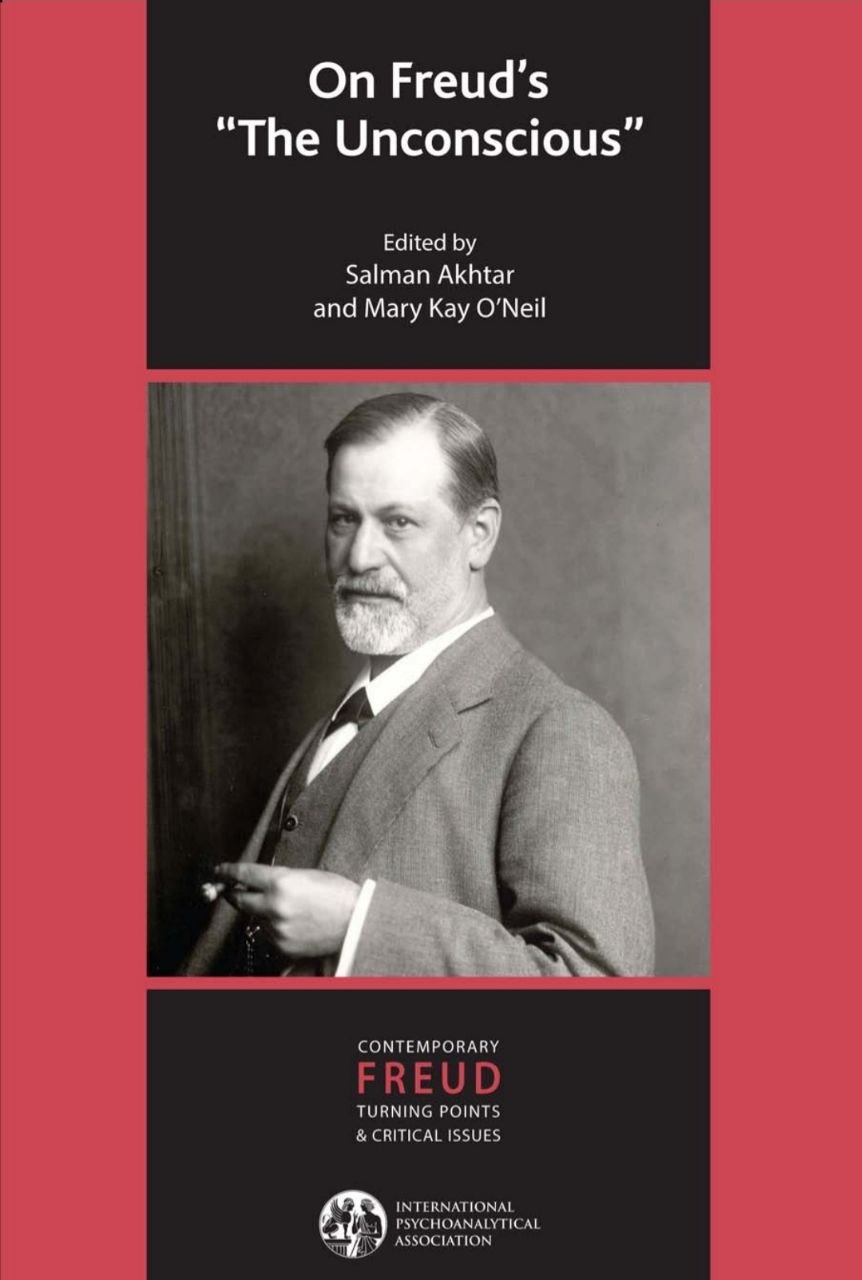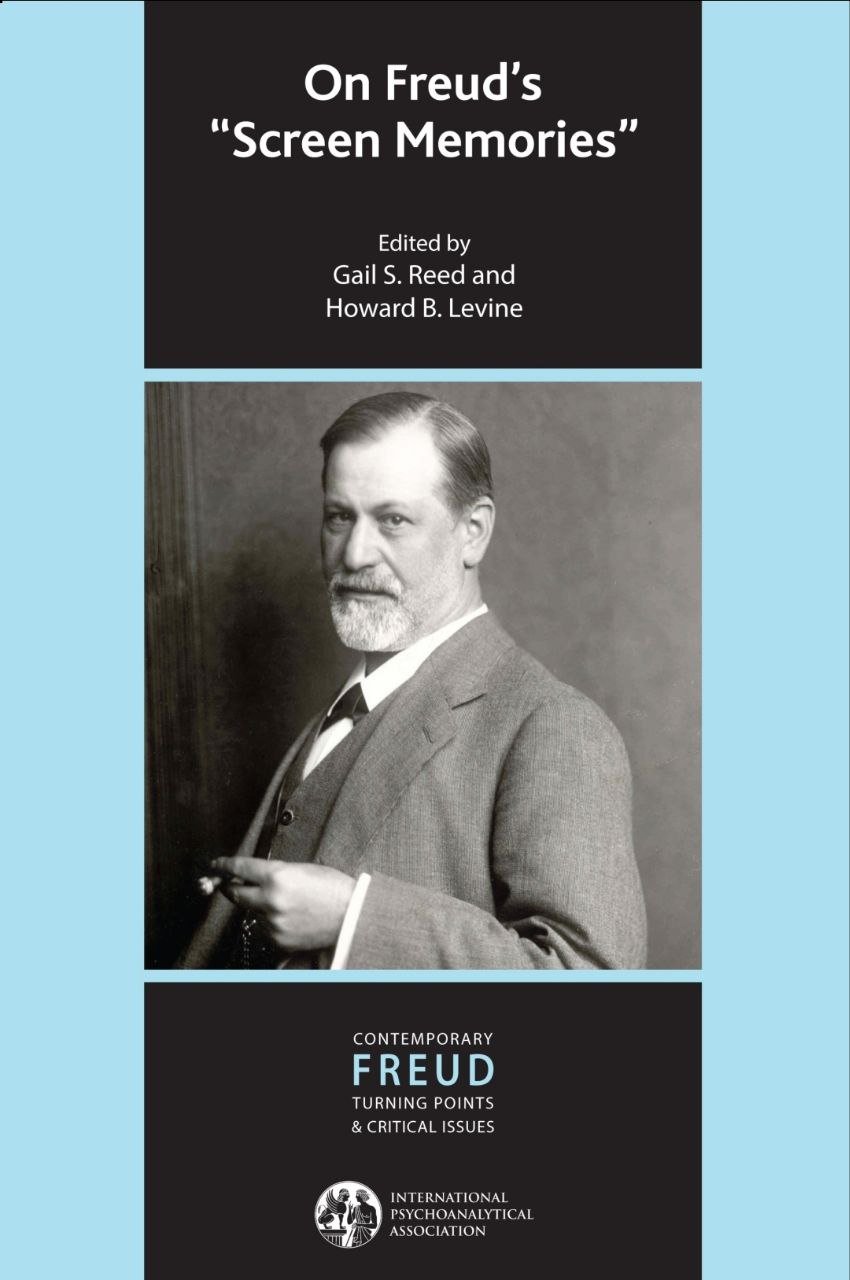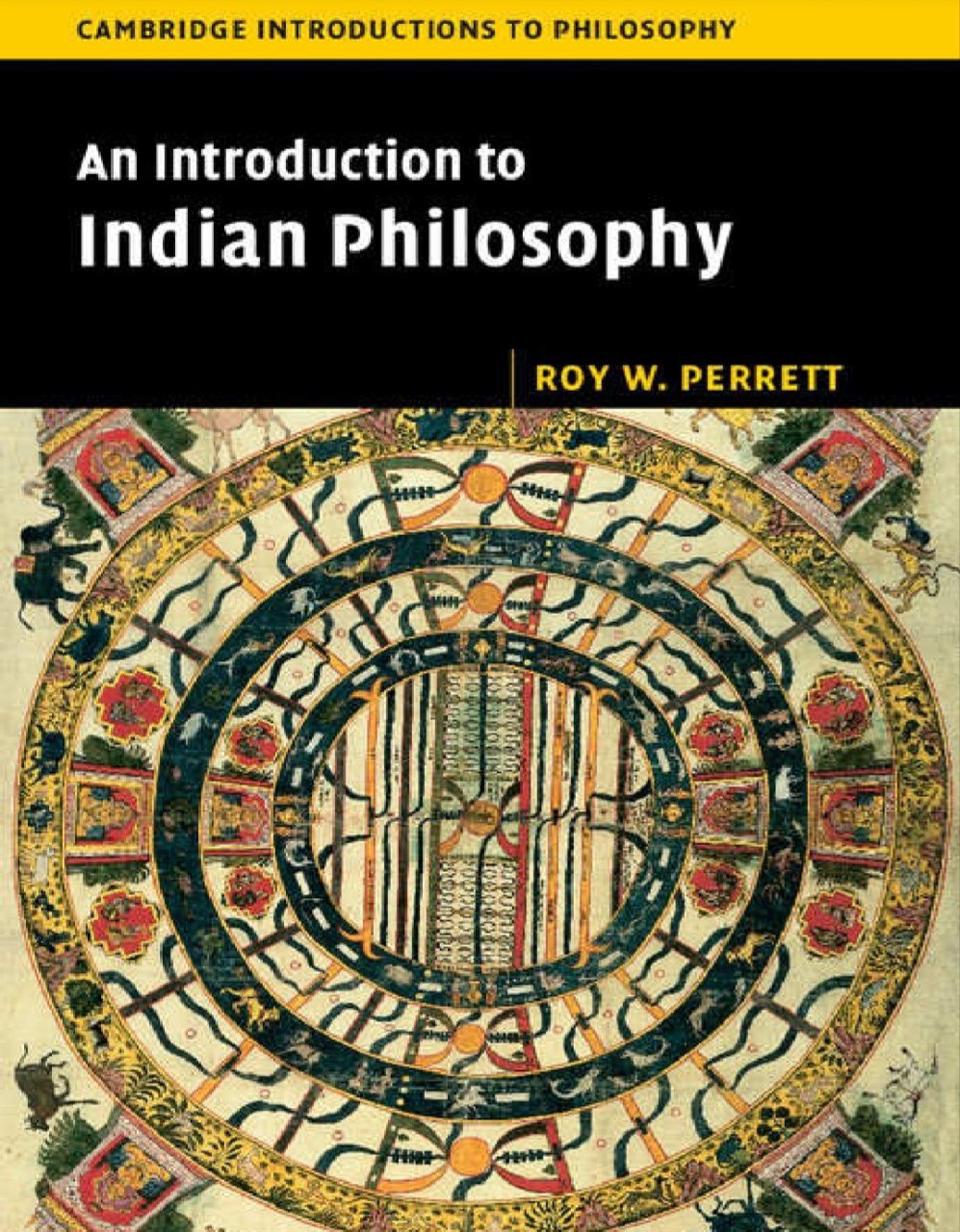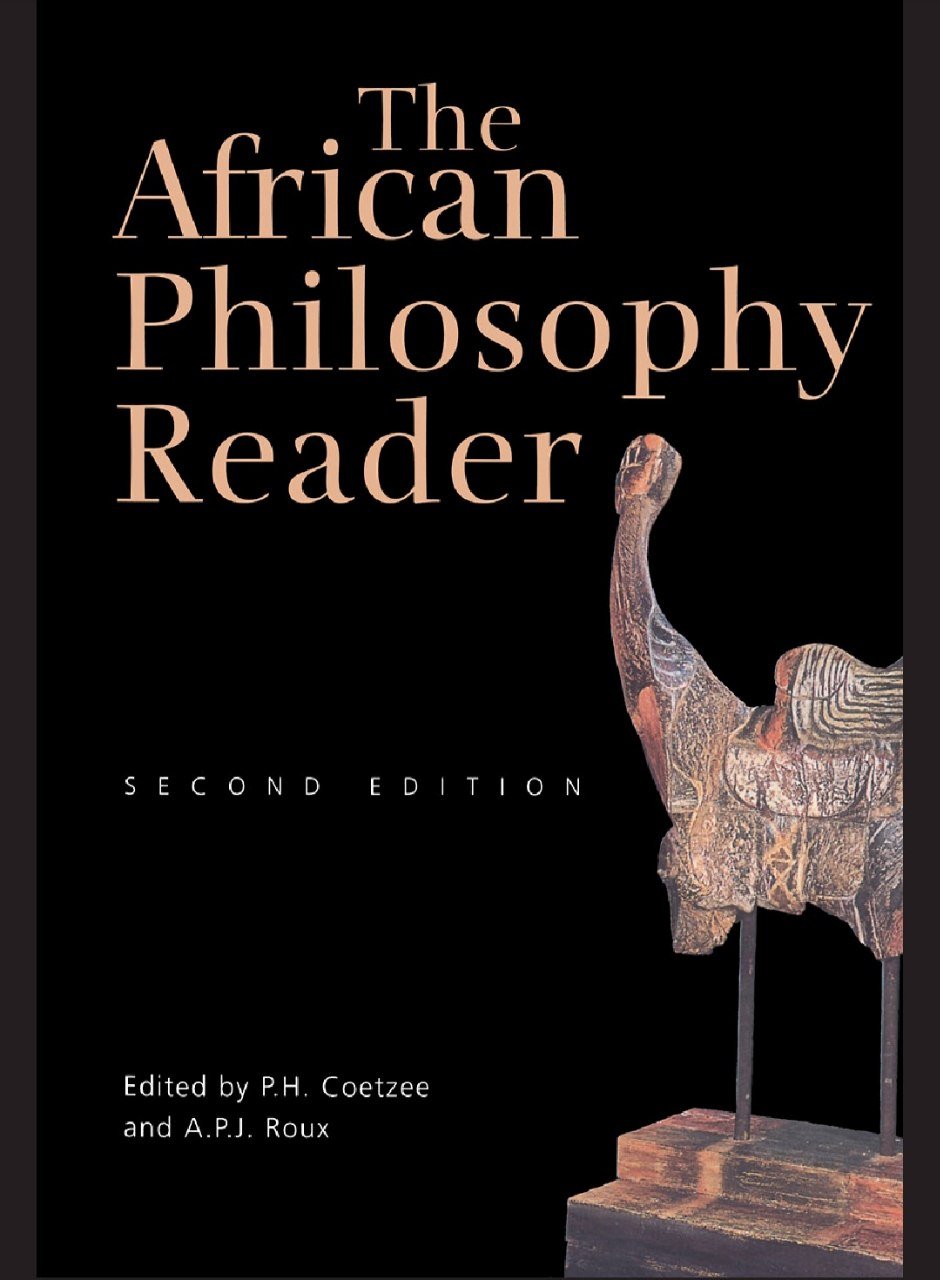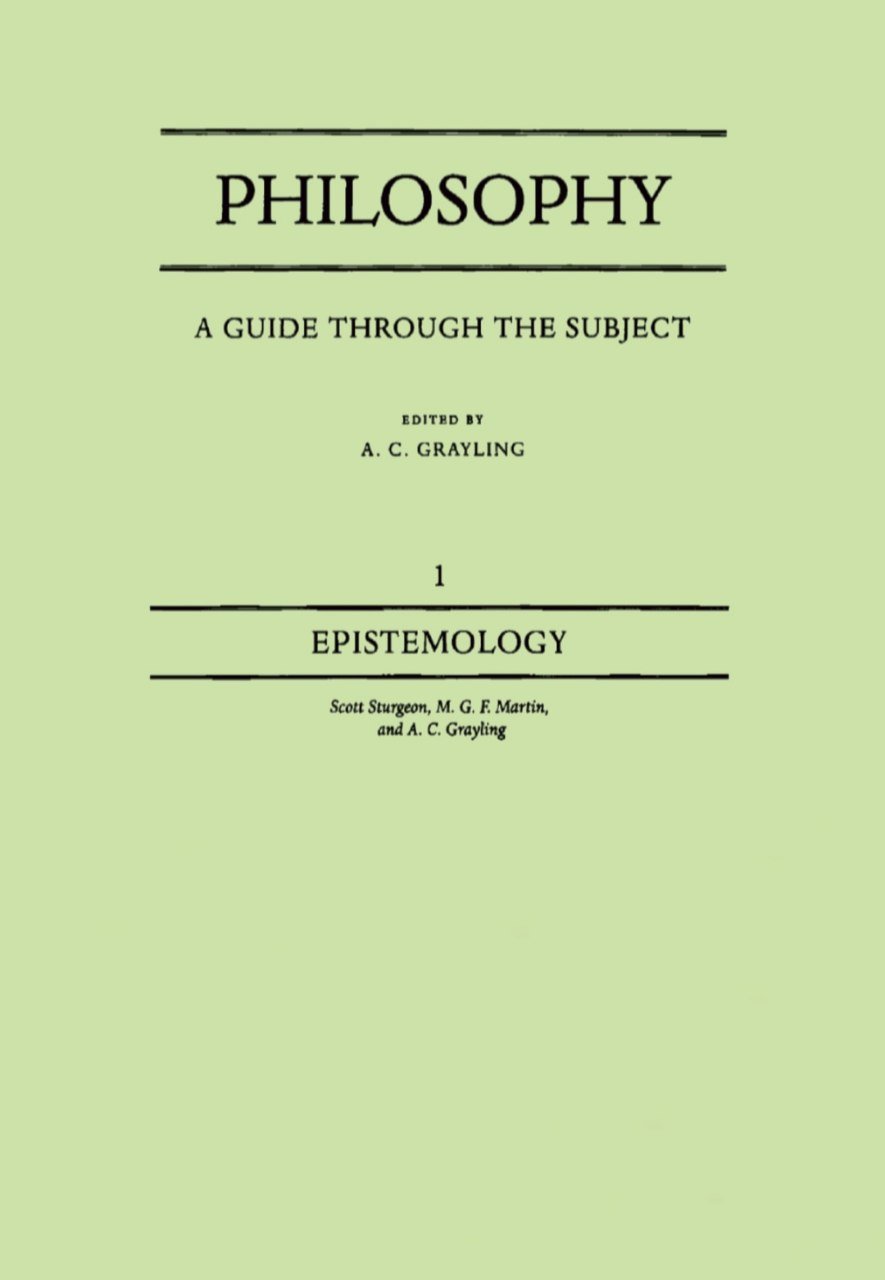

The Philosophy of Nicholas Rescher
Reviews
No review yet. Be the first to review this book!
Description
The Philosophy of Nicholas Rescher: Discussion and Replies edited by Ernest Sosa and authored by Stephen Barker, is a comprehensive examination of the philosophical contributions of Nicholas Rescher, one of the leading figures in contemporary philosophy. This work offers an insightful exploration of Rescher's ideas, followed by responses and discussions from various philosophers who engage with his work. Overview of the Book This book is not just a single author’s perspective on Rescher’s philosophy, but rather a multi-faceted engagement with his thought. It brings together a range of responses to his ideas on various philosophical topics, such as epistemology, metaphysics, logic, and philosophy of science. The text aims to clarify and critically assess Rescher’s philosophy through discussions with various experts, providing a deeper understanding of his influence on modern philosophical discourse. Key Themes and Topics The Nature of Philosophical Inquiry Rescher is known for his systematic approach to philosophy, which seeks to reconcile pragmatism with traditional analytical philosophy. He argues for the value of philosophy as a tool for addressing the complexities of human life and decision-making. The book explores his vision of philosophy not just as an abstract discipline but as a practical method for dealing with real-world problems. His commitment to rational inquiry as a means of making sense of experience is a recurring theme. Epistemology and the Problem of Knowledge One of the major themes in Rescher’s philosophy is epistemology, or the study of knowledge. Rescher addresses fundamental questions about the nature and limits of human knowledge, especially concerning the problem of certainty and justification. His work on epistemic coherence and pragmatism challenges traditional models of epistemology by emphasizing the role of practical success in guiding our beliefs and knowledge claims. The discussions in this book delve into how Rescher’s views compare with empiricist and rationalist traditions. Philosophy of Science Rescher has made significant contributions to the philosophy of science, particularly in understanding the methodology and structure of scientific inquiry. He is known for his work on the concept of approximation, where scientific theories can never fully capture the complexities of the world but must rely on models that offer practical explanations. This book includes critical discussions of Rescher’s ideas on the nature of scientific theories, their empirical adequacy, and the role of idealization in scientific practice. Theories of Truth and Logic Another important area of Rescher’s work is his treatment of truth and logical systems. He defends a pluralistic view of truth, suggesting that different domains of inquiry may operate under different standards of truth and justification. The work addresses his views on the nature of logical systems, inference, and formal reasoning, exploring how his logic of pragmatic truth differs from classical theories of truth. Metaphysical Issues In terms of metaphysics, Rescher is interested in questions about reality, necessity, and possibility. His work incorporates elements of modal logic, considering how we can understand what is possible or necessary in the world. The book explores his views on necessity and possibility, and how these concepts play out in the context of his broader philosophical system. Pragmatism and the Ethics of Inquiry As a pragmatist, Rescher’s philosophy is deeply concerned with action and practical outcomes. He emphasizes the instrumental value of knowledge, arguing that knowledge should be viewed through the lens of its usefulness in guiding action. In this context, the book examines how Rescher’s views connect to broader pragmatic traditions, including William James and John Dewey, and how they differ from purely theoretical or abstract approaches to knowledge and truth. Rescher’s Philosophical Methodology Rescher’s method involves engaging in careful philosophical analysis, drawing from both historical traditions and contemporary debates. His approach is eclectic, combining ideas from analytic philosophy, pragmatism, and continental philosophy. The work touches on how Rescher’s method of inquiry allows for the development of philosophical positions that are both theoretically robust and practically applicable. Philosophy of Action and Practical Reasoning Another important theme in Rescher’s work is his philosophy of action. He believes that philosophy must not only address abstract concepts but also engage with real-life decisions and actions. He focuses on the philosophy of practical reasoning, including how human agents can make decisions in a world full of uncertainties and risks. This section of the book includes a discussion of how Rescher’s ideas contribute to ethics and decision theory. Rescher’s Influence on Contemporary Philosophy The volume also examines Rescher’s influence on contemporary philosophy and his role in shaping American philosophy. It explores how his work interacts with analytic philosophy and the pragmatic tradition while also being responsive to broader philosophical movements around the world. The book illustrates how Rescher has been a crucial figure in bridging the gap between philosophy of science, epistemology, and practical philosophy. Conclusion The Philosophy of Nicholas Rescher: Discussion and Replies provides a rich and detailed overview of the key themes in Nicholas Rescher’s philosophy, offering a comprehensive picture of his intellectual contributions. Through critical discussions and replies, the book sheds light on the depth and significance of his ideas, revealing how they engage with traditional philosophical concerns while also addressing the challenges of the contemporary world. For those interested in epistemology, philosophy of science, and pragmatism, this volume serves as an invaluable resource, presenting Rescher’s unique perspective on the philosophical landscape. It also demonstrates the ongoing relevance of his ideas in addressing the practical and theoretical challenges of modern philosophy.







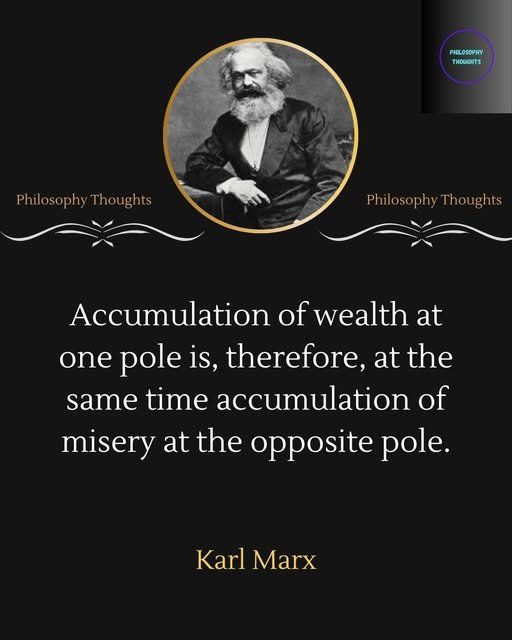

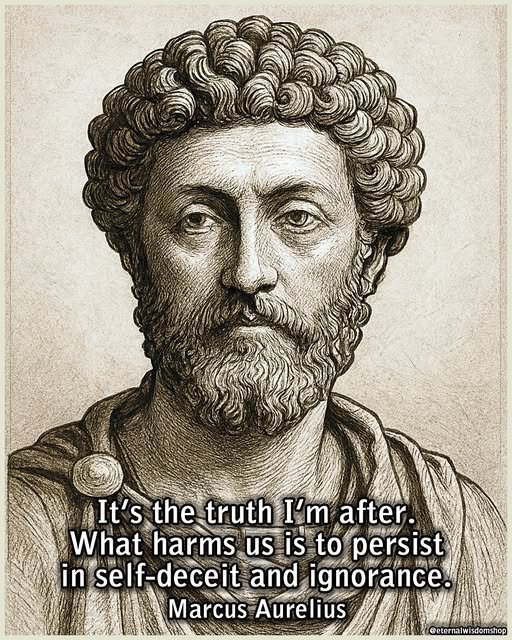










.jpg)


.jpg)









.jpeg)
.jpeg)
.jpg)
.jpeg)







.png)









.jpg)










.jpeg)
.jpg)




.jpg)







.jpeg)


.jpg)

.jpg)







